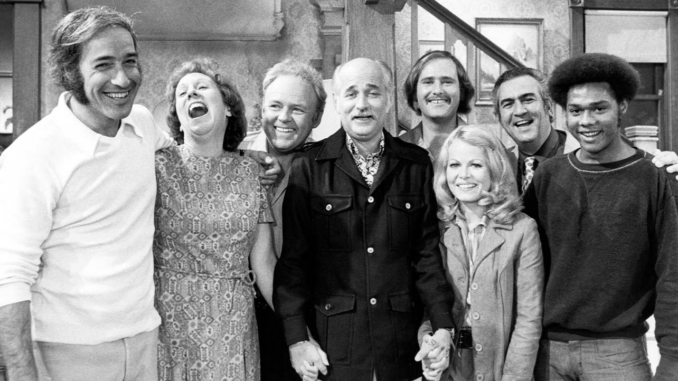
Norman Lear is a name that resonates with anyone who appreciates the evolution of television. As a producer and writer, he has been instrumental in shaping the landscape of American TV. From the groundbreaking satire of All in the Family to the heartfelt lessons in The Facts of Life, Lear’s work has challenged societal norms and sparked important conversations. This article dives into how Norman Lear has changed TV culture and the lasting impact of his iconic shows.
The Impact of Norman Lear on Television
A New Era of Storytelling
Before Lear, television was often seen as a medium for light entertainment. However, Lear introduced a new era of storytelling that tackled serious social issues with humor and authenticity. His ability to blend comedy with poignant messages changed how audiences viewed television, making it a platform for both entertainment and education.
Challenging Social Norms
Lear’s shows confronted topics such as racism, sexism, and class disparities head-on. By writing characters that represented diverse perspectives, he opened the door for more inclusive storytelling. This shift not only entertained viewers but also encouraged them to engage with complex social issues in their own lives.
The Groundbreaking Success of All in the Family
Launching the Conversation
Premiering in 1971, All in the Family was a revolutionary sitcom that delved into the conflicts of a working-class family. The character of Archie Bunker, played by Carroll O’Connor, was a staunch, often bigoted man whose views clashed with those around him. This portrayal sparked conversations about racism and intolerance that were rarely discussed on television.
Cultural Reflection and Critique
The show held a mirror to society, reflecting the prejudices and challenges of the time. Through humor, All in the Family addressed controversial topics, making them accessible to viewers. Lear’s bold choice to explore these themes paved the way for future shows to tackle sensitive issues without fear.
A Lasting Legacy
All in the Family ran for nine seasons and remains a staple in television history. Its influence can be seen in countless shows that followed, as creators began to embrace the idea that comedy could be a vehicle for social change. The show’s success proved that audiences were ready for more meaningful content.
Expanding Horizons with The Facts of Life
Empowering Women
Following the success of All in the Family, Lear produced The Facts of Life, which premiered in 1979. This series focused on a group of girls at a boarding school and their housemother, Edna Garrett, played by Charlotte Rae. Unlike many shows of its time, The Facts of Life highlighted female empowerment and the importance of female friendships.
Addressing Real-Life Issues
Each episode tackled real-life issues faced by young women, from eating disorders to teenage pregnancy. By addressing these topics with sensitivity and humor, the show resonated with audiences and provided valuable lessons for its viewers, particularly young girls.
A Shift in Representation
Lear’s commitment to authentic representation continued with The Facts of Life. The diverse cast showcased a range of backgrounds and experiences, further promoting inclusivity on television. This representation laid the groundwork for future shows that sought to reflect the realities of modern life.
Norman Lear’s Influence on Future Generations
Inspiring New Creators
Lear’s impact on television extends far beyond his own shows. His approach to storytelling has inspired countless writers, producers, and actors to push boundaries and explore new narratives. Many contemporary shows, such as The Fresh Prince of Bel-Air and Black-ish, owe a debt to Lear’s pioneering spirit.
A Legacy of Social Responsibility
Lear’s work reminds us that television can be a powerful tool for social change. By addressing difficult topics and encouraging dialogue, he set a precedent for future creators to follow. His commitment to making audiences think while they laugh has left an indelible mark on the industry.
The Continuing Relevance of Lear’s Work
Modern Adaptations
Even today, Lear’s shows continue to resonate. Reboots and adaptations of his classics, such as One Day at a Time, have introduced his messages to new generations. These modern interpretations keep his legacy alive, proving that the themes he championed remain relevant.
Engaging Today’s Audiences
Lear’s ability to touch on timeless issues ensures that his work speaks to today’s audiences. The social dynamics he explored in the 1970s can still be seen in contemporary discussions about race, gender, and identity.
Conclusion: Norman Lear’s Enduring Legacy
Norman Lear has undoubtedly changed the landscape of television, paving the way for shows that prioritize storytelling and social responsibility. His ability to tackle controversial issues with humor and grace has inspired generations of creators and continues to resonate with audiences today. As we celebrate his work, we recognize the profound impact that All in the Family, The Facts of Life, and his other creations have had on TV culture and society.
